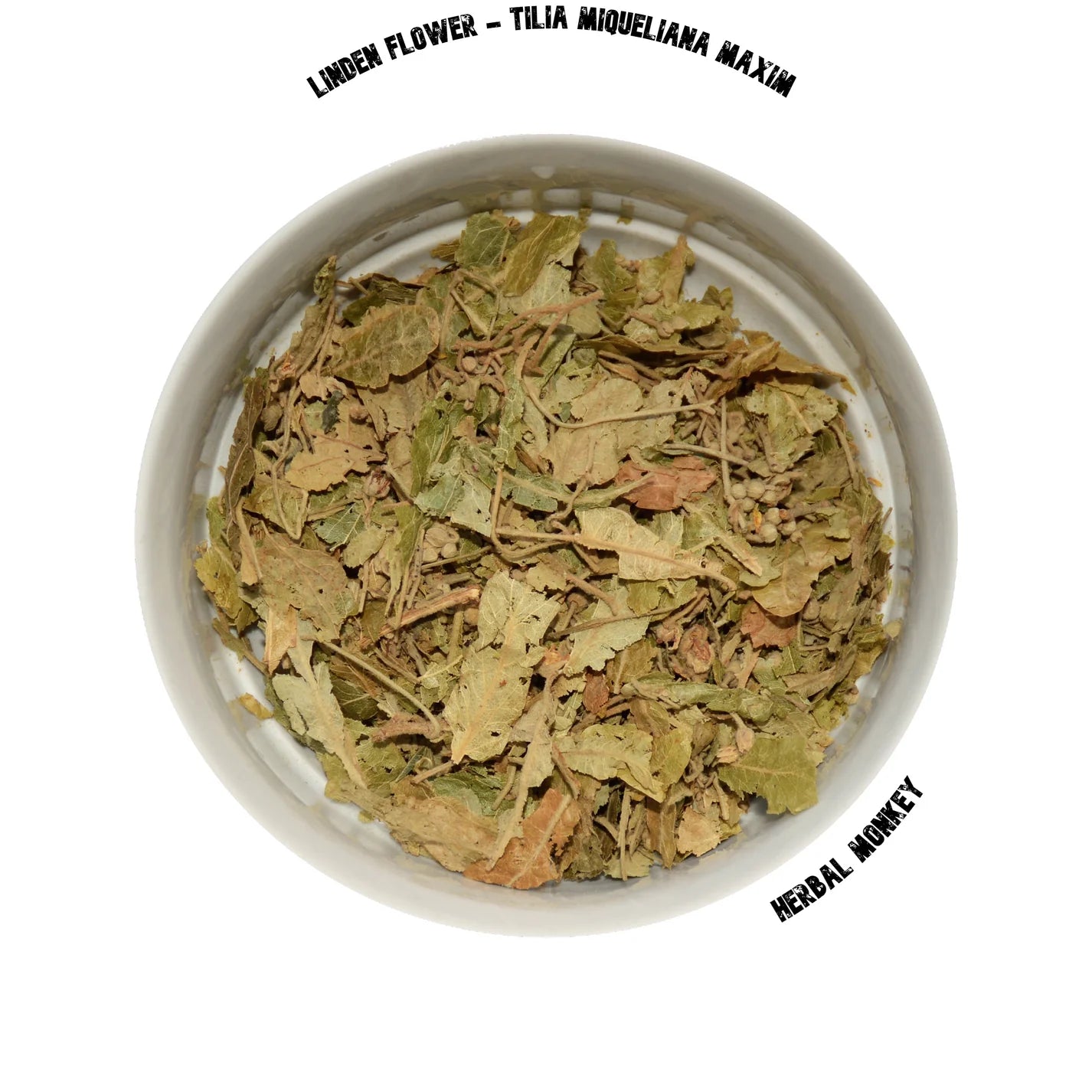Discover the Amazing Health Benefits of Linden Flower

Uncover the incredible health advantages of incorporating linden flower into your daily routine.
The History and Origin of Linden Flower
Linden flower, also known as Tilia, is a type of flowering tree that belongs to the Tiliaceae family. It is native to Europe and North America and has a rich history dating back centuries. The use of linden flower can be traced back to ancient civilizations such as the Egyptians, Greeks, and Romans, who valued it for its medicinal properties and soothing effects.
According to historical records, linden flower was often used as a symbol of love and friendship. It was believed to promote relaxation and calmness, making it a popular choice for herbal teas and infusions. Over the years, linden flower has been used for various purposes, including treating anxiety, promoting sleep, and supporting respiratory health.
Nutritional Value of Linden Flower
Linden flower is rich in various nutrients that contribute to its health benefits. It contains antioxidants, such as flavonoids, which help protect the body against oxidative stress and inflammation. Additionally, linden flower is a good source of vitamins and minerals, including vitamin C, calcium, and magnesium.
The flowers of the linden tree can be dried and used to make tea or infused into oils and extracts. This allows for the extraction of the beneficial compounds found in linden flower, making it a convenient way to incorporate its nutritional value into your diet.
Health Benefits of Linden Flower
Linden flower offers a range of health benefits that can support overall well-being. Some of the key benefits include:
- Promotes relaxation and reduces anxiety: Linden flower has calming properties and can help reduce stress and anxiety. It is often used in herbal remedies to promote relaxation and improve sleep quality.
- Supports respiratory health: Linden flower has been traditionally used to alleviate respiratory symptoms, such as coughs, colds, and sore throats. It can help soothe irritation and reduce inflammation in the respiratory system.
- Boosts the immune system: The antioxidants present in linden flower can help strengthen the immune system and protect against various diseases and infections.
- Supports digestion: Linden flower has a mild diuretic effect and can help promote healthy digestion. It may aid in relieving symptoms of indigestion, bloating, and constipation.
- Provides relief for headaches and migraines: The calming properties of linden flower can help alleviate headaches and migraines, providing relief from pain and discomfort.
It is important to note that while linden flower has many potential health benefits, individual results may vary. It is always advisable to consult with a healthcare professional before incorporating any new herbs or supplements into your routine.
Ways to Incorporate Linden Flower into Your Diet
There are several ways to incorporate linden flower into your diet and enjoy its health benefits. Here are a few ideas:
- Linden flower tea: Steep dried linden flowers in hot water to make a soothing and aromatic tea. You can enjoy it plain or add a touch of honey or lemon for extra flavor.
- Linden flower-infused oil: Infuse linden flowers into oil, such as olive oil or coconut oil, to create a fragrant oil that can be used in cooking or as a topical treatment for skin conditions.
- Linden flower syrup: Make a sweet syrup by boiling linden flowers with sugar and water. This syrup can be drizzled over desserts or added to beverages for a floral twist.
- Linden flower tincture: Create a tincture by soaking linden flowers in alcohol or vinegar. This concentrated extract can be used in small doses for medicinal purposes.
Remember to source linden flowers from reputable suppliers and follow proper preparation methods to ensure safety and quality.
Potential Side Effects and Precautions
While linden flower is generally considered safe for most people, there are a few precautions to keep in mind:
- Allergies: Some individuals may be allergic to linden flower. If you have a known allergy to flowers or plants in the Tiliaceae family, it is best to avoid linden flower.
- Pregnancy and breastfeeding: It is recommended that pregnant or breastfeeding women avoid linden flower, as there is limited research on its safety during these periods.
- Medication interactions: Linden flower may interact with certain medications, including sedatives and blood pressure medications. If you are taking any medications, it is important to consult with your healthcare provider before using linden flower.
- Dosage and moderation: Like any herbal supplement, it is important to use linden flower in moderation and follow recommended dosage guidelines. Excessive consumption may lead to adverse effects.
If you experience any adverse reactions or have concerns about using linden flower, it is best to seek advice from a healthcare professional.






